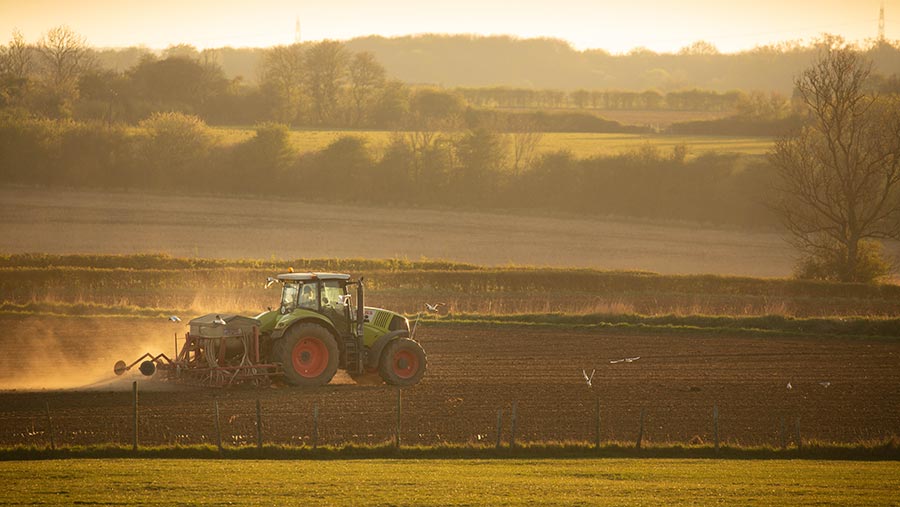Lump sum decisions – wait until tax treatment is clear
 © Tim Scrivener
© Tim Scrivener Farmers are warned not to make any succession or retirement plans relating to Defra’s lump sum exit scheme until the full tax implications are known later this year.
Gary Markham of rural tax adviser Land Family Business warned: “People are talking about it, but there are too many unknowns and each farming family will have its own set of circumstances.
“There are too many variables to enable clear decisions at this stage. It may be right for some, but it will not be right for many.
“The most important consideration is the tax treatment of the lump sum,” he said. “This could be treated as trading income – in the same way as BPS receipts are taxed – or as a capital gain, which would mean a 10% or 20% tax rate, the same as when selling BPS entitlements.”
See also: Will Defra’s exit scheme appeal to farmers?
Defra is understood to be consulting with HMRC on this, with the outcome to be announced in October.
The lump sum requires land to be sold, gifted or rented out, and Mr Markham said each of these had significant tax implications for the owners.
“One of the major tax points will be the balancing charges on machinery sales,” he said. “Capital raised on machinery sales will usually be wholly taxable as income – basically a clawback of annual investment allowances.”
Renting out land dramatically changed the inheritance tax (IHT) position, Mr Markham pointed out. Using a farm business tenancy would maintain relief on the agricultural value. However, immediately there would be no relief on development value and, importantly, no relief on the farmhouse.
“If the farmer is no longer farming, then the ability to claim business property relief (from IHT) under the Balfour principle on investment properties will also be lost,” he said.
“The additional inheritance tax bill for the family is likely to be substantially more than the lump sum of up to £100,000 from the exit scheme.”
It should also be kept in mind that the Office of Tax Simplification published a review of IHT in 2019 and none of its recommendations had yet been implemented, he said.
There were many more innovative, tax-efficient ways of retirement, possibly involving a young farmer or a new entrant to the industry, such as machinery syndicates and share farming, said Mr Markham.
